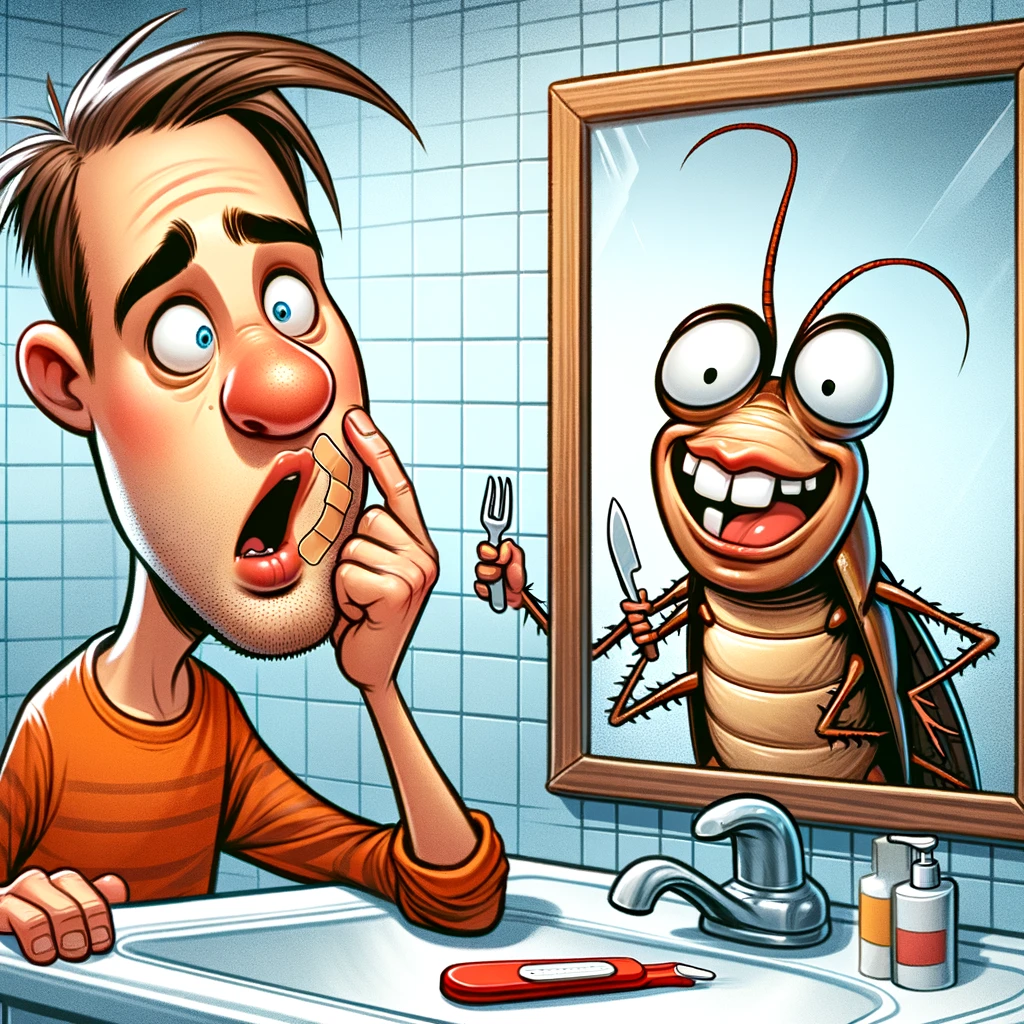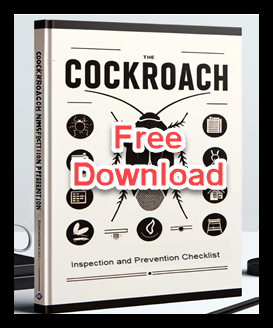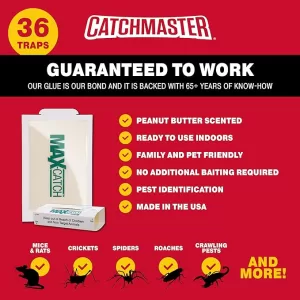Identifying a Cockroach Bite on the Lips or Face
 Cockroach bites are relatively rare, but they can happen, particularly in cases of severe infestations. One particularly unsettling possibility is a cockroach bite on the lips. This article explores why cockroaches might bite lips, the symptoms of such bites, and what you can do to treat and prevent them.
Cockroach bites are relatively rare, but they can happen, particularly in cases of severe infestations. One particularly unsettling possibility is a cockroach bite on the lips. This article explores why cockroaches might bite lips, the symptoms of such bites, and what you can do to treat and prevent them.
Why Do Cockroaches Bite?
Scavenging Behavior
Cockroaches are omnivorous scavengers that will eat almost anything, including food residues and dead organic matter. They typically bite humans only when food is scarce and they are in survival mode.
Attraction to Moisture
Cockroaches are attracted to moisture and food particles, which can often be found around a person’s mouth while they sleep. This attraction might lead them to explore and potentially bite the lips.
Symptoms of a Cockroach Bite on Lips
Physical Appearance
- Redness and Swelling: The area around the bite may become red and swollen.
- Bite Marks: Small puncture marks may be visible where the cockroach’s mouthparts broke the skin.
- Itching and Pain: The bite may cause itching and discomfort.
Possible Reactions
- Allergic Reaction: Some people may experience an allergic reaction to the bite, leading to increased swelling, itching, and redness.
- Infection Risk: If the bite area is scratched excessively or not kept clean, there is a risk of secondary infection.
First Aid for Cockroach Bites on Lips
Immediate Steps
- Clean the Area: Gently wash the bite area with soap and water to reduce the risk of infection.
- Apply a Cold Compress: Use a cold compress to reduce swelling and relieve pain.
- Avoid Scratching: Try not to scratch the bite, as this can lead to infection.
Over-the-Counter Treatments
- Antihistamines: Oral antihistamines can help reduce itching and allergic reactions.
- Hydrocortisone Cream: Applying hydrocortisone cream can reduce inflammation and itching.
- Antiseptic Cream: Use an antiseptic cream to prevent infection.
When to See a Doctor
Seek medical attention if you experience severe symptoms, such as:
- Difficulty Breathing: This could indicate a serious allergic reaction.
- Spreading Redness and Swelling: Signs of a possible infection.
- Persistent Pain and Discomfort: If the symptoms do not improve with basic first aid.
Preventing Cockroach Bites
Maintain Cleanliness
- Regular Cleaning: Keep your home clean, especially the kitchen and dining areas, to remove food residues that attract cockroaches.
- Proper Food Storage: Store food in sealed containers and dispose of garbage regularly.
Reduce Moisture
- Fix Leaks: Repair any leaky faucets and pipes to reduce moisture levels.
- Use Dehumidifiers: Use dehumidifiers in damp areas to make your home less inviting to cockroaches.
Seal Entry Points
- Close Off Cracks and Gaps: Use caulk and weather stripping to seal cracks and gaps where cockroaches might enter.
- Install Screens: Ensure that windows and vents have tight-fitting screens to keep cockroaches out.
Use Traps and Baits
- Traps: Place sticky traps in areas where you have seen cockroaches to monitor and reduce their numbers.
- Baits: Use cockroach baits in strategic locations to attract and kill cockroaches.
Professional Pest Control
For severe infestations, consider hiring a professional pest control service. Professionals can provide comprehensive inspections and targeted treatments to effectively manage and eliminate cockroach populations.
While the idea of a cockroach biting your lips is unsettling, such incidents are rare and can be managed with proper first aid and preventive measures. By maintaining cleanliness, reducing moisture, and sealing entry points, you can significantly reduce the risk of cockroach infestations and bites. If you experience a bite, follow the recommended steps for treatment and seek medical attention if necessary.
Stay proactive in your efforts to prevent cockroach infestations. Regular cleaning, moisture control, and sealing entry points are key to keeping these pests at bay. If you need help, don’t hesitate to contact a professional pest control service for expert assistance.
- The Life Span of a Cockroach
- Do Cockroaches Eat Clothes?
- Do Cockroaches Have Teeth?
- Shrimps and Cockroaches
- Will Sleeping with the Light On Keep Cockroaches Away?
- How to get roaches out of your car overnight
- Do Cockroaches Feel Pain?
- How Many Legs Do Cockroaches Have?
- Comparing Cockroach Eggs Size for Different Types of Cockroaches
- Identifying a Cockroach Bite on the Lips or Face
- Black Water Bug Identification and Control
- Why Do Water Bugs Come Out At Night?
- What Does Roach Rash Look Like?
- Can Cockroaches Bite Your Eyelid?
- Can Cockroaches Live in Your Balls?
- How did cockroaches get their name?
- Why Do Cockroaches Shed Their Skin?
- What Smell do Palmetto Bugs Hate?
- Baby Palmetto Bug: Identification and Control
- Cockroach Eggs vs Poop: How to Tell the Difference
- How to Get Rid of Water Bugs
- How Long Can a Cockroach Live Without Air?
- The Lifecycle of the German Cockroach: From Egg to Adult
- Do Mice Eat Roaches
- Wood Roach vs. Cockroach

